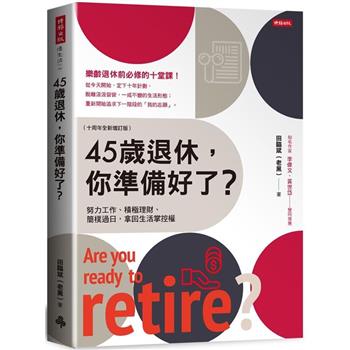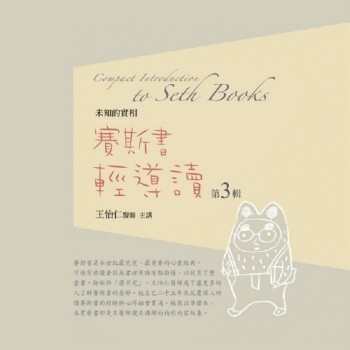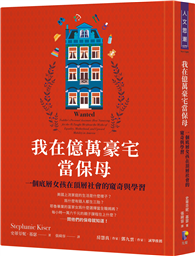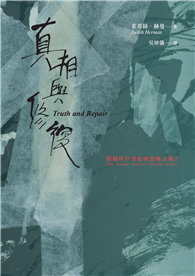Two hundred and fifty years ago, victory in the American Revolution empowered its founding fathers to consider a glorious ’revolutionary idea’: a democracy of inclusiveness and diversity for all. Yet, America’s revolution never meant to include the enslaved, who lived in small, dark squares of windowless slave houses.
At Philadelphia, Pennsylvania’s Constitutional Convention of 1787, compromises perpetuated America’s ’slave society’ based on free labour, benefiting its citizenry to the detriment of America’s slave row. For the next seventy-eight years, ’America’s democracy’ permitted this vile system of slavery to continue. However, slave revolutions, revolutionary voices, and prayers persisted. As the smoke cleared from the battlefields of the American Civil War, Juneteenth (June 19, 1865) granted America a full Independence Day.
The question remains to this very day whether the formerly enslaved and their descendants will ever fully receive the rights, reparations, and benefits of full citizenship in our American democracy. Revolutionary voices must continue to set an example for the entire world of the revolutionary idea that is democracy.
The next 250 years will answer this question as America approaches its 500th anniversary.
| FindBook |
有 1 項符合
Revolutionary Voices for Democracy的圖書 |
 |
Revolutionary Voices for Democracy 作者:Williams 出版社:Austin Macauley 出版日期:2024-09-13 語言:英文 規格:精裝 / 214頁 / 20.32 x 12.7 x 1.27 cm / 普通級/ 初版 |
| 圖書館借閱 |
| 國家圖書館 | 全國圖書書目資訊網 | 國立公共資訊圖書館 | 電子書服務平台 | MetaCat 跨館整合查詢 |
| 臺北市立圖書館 | 新北市立圖書館 | 基隆市公共圖書館 | 桃園市立圖書館 | 新竹縣公共圖書館 |
| 苗栗縣立圖書館 | 臺中市立圖書館 | 彰化縣公共圖書館 | 南投縣文化局 | 雲林縣公共圖書館 |
| 嘉義縣圖書館 | 臺南市立圖書館 | 高雄市立圖書館 | 屏東縣公共圖書館 | 宜蘭縣公共圖書館 |
| 花蓮縣文化局 | 臺東縣文化處 |
|
|
圖書介紹 - 資料來源:博客來 評分:
圖書名稱:Revolutionary Voices for Democracy
內容簡介
|






![塔木德:猶太人的致富聖經[修訂版]:1000多年來帶領猶太人快速累積財富的神祕經典 塔木德:猶太人的致富聖經[修訂版]:1000多年來帶領猶太人快速累積財富的神祕經典](https://media.taaze.tw/showLargeImage.html?sc=11100697818)



